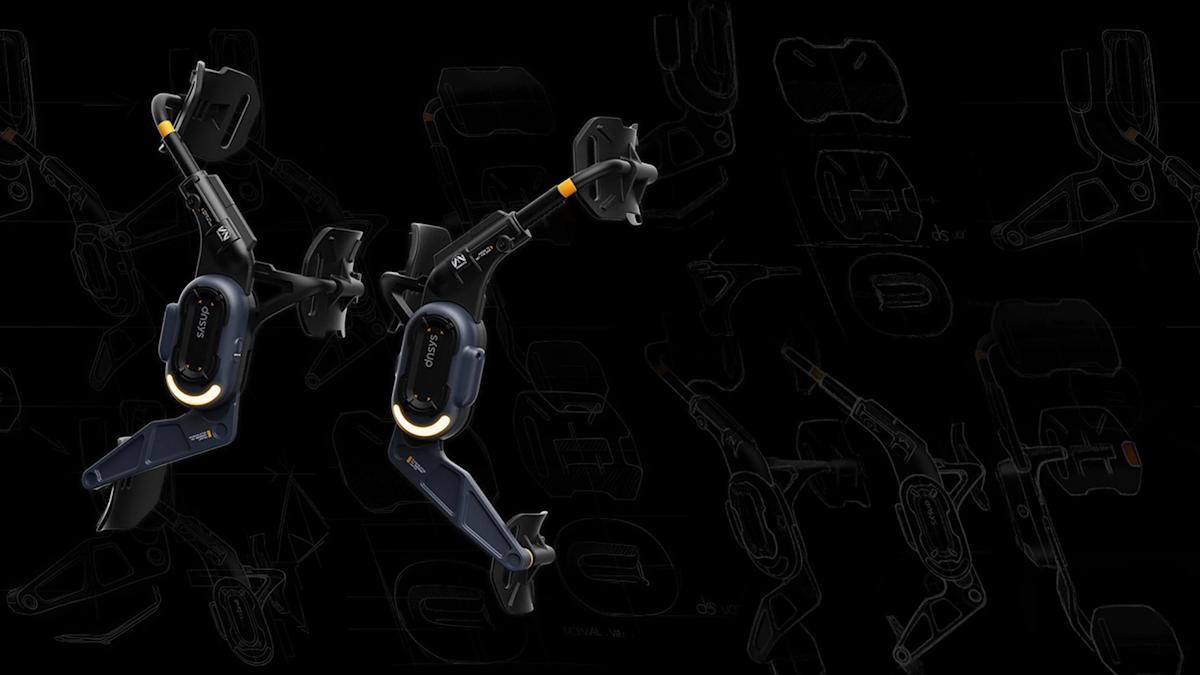It’s arriving too late to be part of a Sam Porter Bridges Halloween costume this year, but Kojima Productions has a new collaboration lined up that could be just the ticket for cosplayers or anyone who may wish to enhance their lower-body…

It’s arriving too late to be part of a Sam Porter Bridges Halloween costume this year, but Kojima Productions has a new collaboration lined up that could be just the ticket for cosplayers or anyone who may wish to enhance their lower-body…